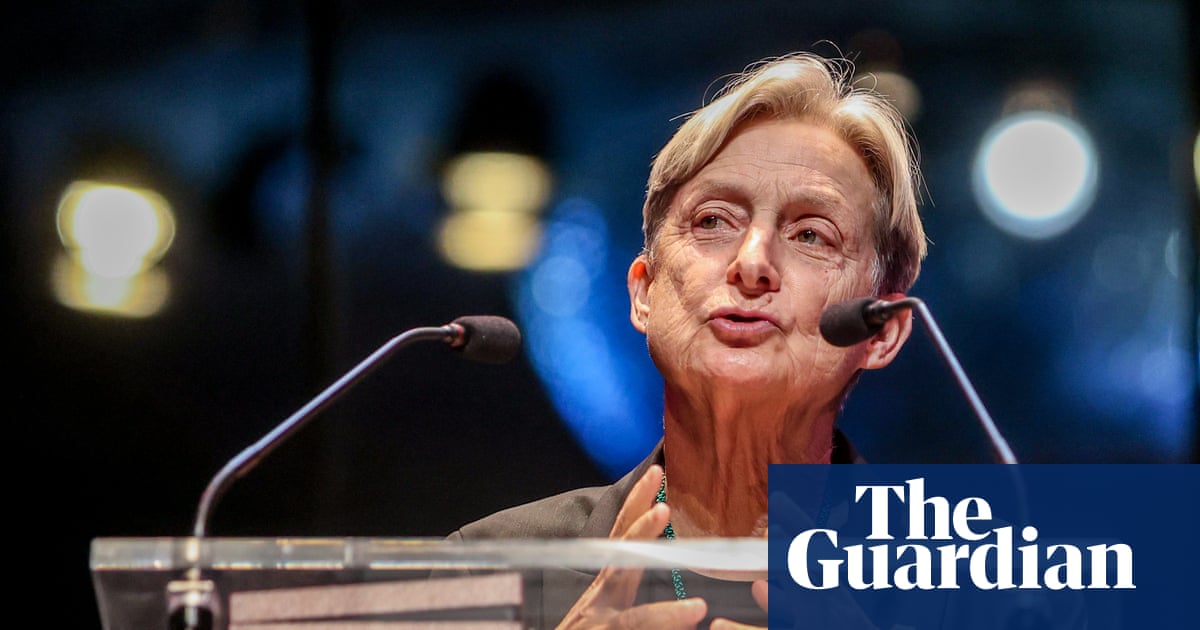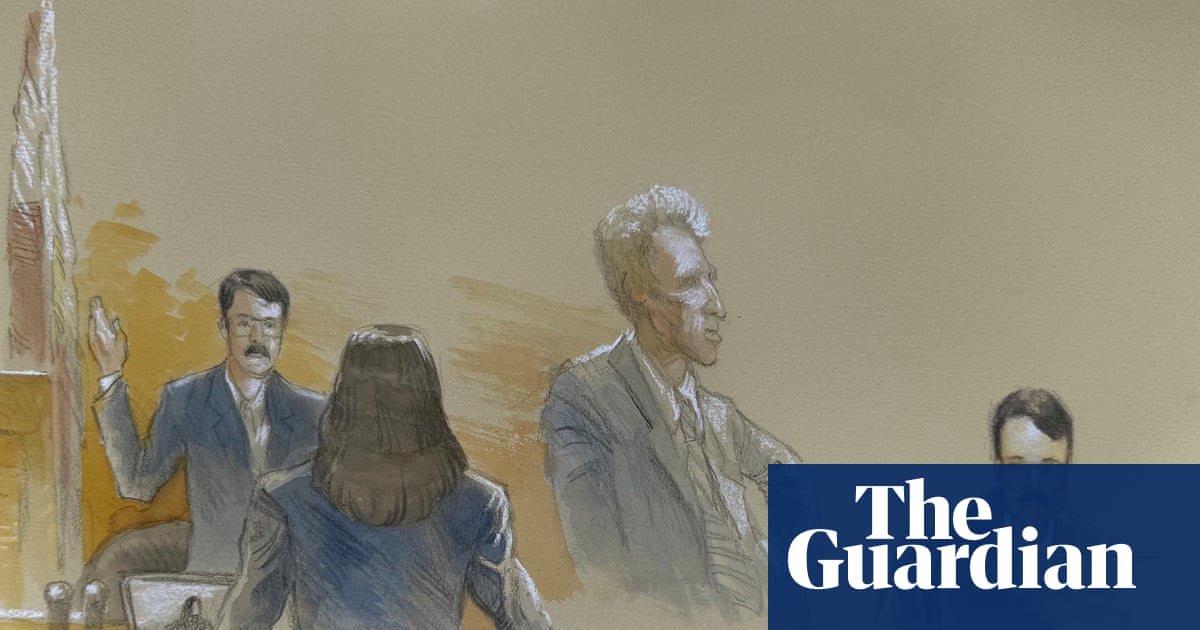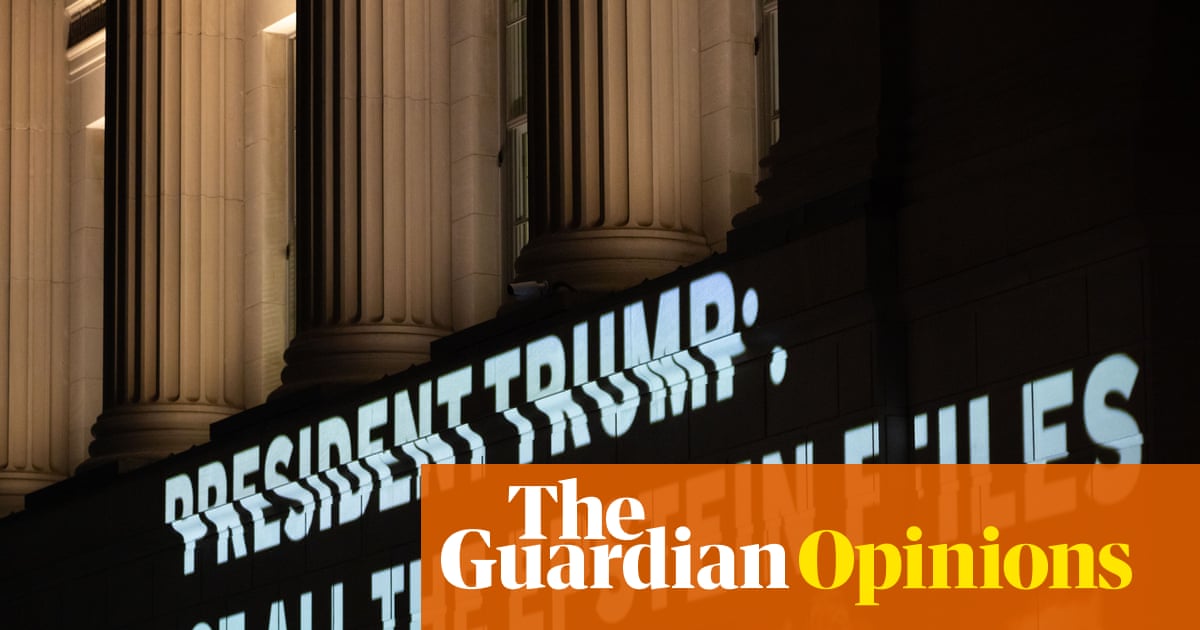The Labour government’s abrupt U-turn on winter fuel payments – restoring the benefit to more than three-quarters of pensioners – reveals less a change of heart than a sobering realisation in Westminster: after years of austerity, the public no longer gives politicians the benefit of the doubt. The irony is hard to miss. Labour set out to prove that “grown-up” economics means difficult decisions – only to find that once trust is lost, voters won’t accept vague promises without tangible results.
It turns out many are sceptical that sacrifices will produce better results for society. That’s why ministers are struggling to justify cuts to disability benefits as a way to “fund” public services – or to convince the public that Britain can’t afford to lift the two-child benefit cap even as ministers claim they will reduce child poverty. There may be more conspicuous retreats ahead for the government.
Sir Keir Starmer and his chancellor, Rachel Reeves, had wanted a series of symbolic breaks with Labour’s traditional base to prove that only by making tough choices could they deliver £113bn in new public investment. Instead, the last year has become a cautionary tale: ministers elected to repudiate Tory austerity are now seen to be replicating it – and voters have noticed, with Labour’s poll numbers sliding as a result. In such a climate, appeals to fiscal rectitude don’t receive gratitude but suspicion. The government’s volte-face over pensioner benefits only reinforces the sense it was driven by a backlash, not conviction.
This dynamic isn’t new but it has radically reshaped Labour’s own base – and should be a warning to the party for its future. Working-class voters once formed Labour’s backbone; now many vote for no one at all. This isn’t about lacking education or income. Throughout the postwar decades, working-class turnout matched that of the middle classes. As Geoffrey Evans and James Tilley of Oxford University wrote in their book The New Politics of Class, the drop came only when their political representation vanished. As parties converged and Labour abandoned its working-class roots, political choice disappeared. Labour’s traditional base didn’t stop voting because they couldn’t – they stopped because there was nothing left to vote for. Brexit reshaped politics, but not as radically as many claim.
Today’s class politics has been built on culture wars and channelled through identity and belonging. The warning by the former Bank of England chief economist Andy Haldane that Nigel Farage is now seen by many as the closest thing Britain has to a “tribune for the working class” should be taken seriously. Citing Reform UK’s surge in the polls, he pointed to a “moral rupture” between voters and mainstream politicians, accusing Labour of fuelling disillusionment through a weak growth strategy and unpopular decisions on benefits. While not declaring Reform the definitive working-class party, Mr Haldane stressed that what matters is perception – and right now, many working-class voters believe Mr Farage speaks for them more than anyone else.
Labour’s spending review this week looks like an attempt to reframe its offer around extra cash for frontline services such as health and education. That is welcome. Less so will be the real-terms cuts in unprotected departments that Ms Reeves’s fiscal rules demand to account for such commitments. If this reset is not visible and felt by voters soon, the door swings open wider to Mr Farage and his hard-right politics.

 3 months ago
44
3 months ago
44

















































